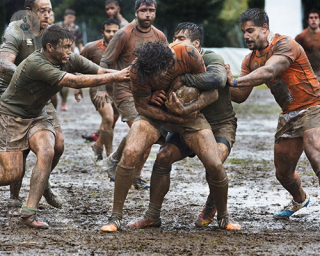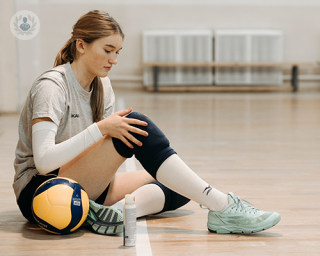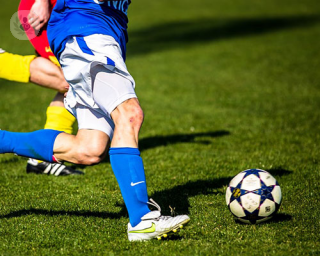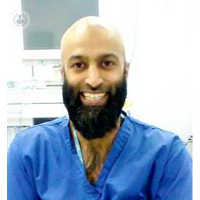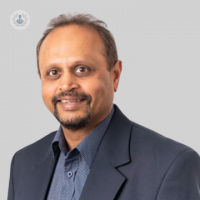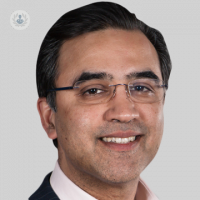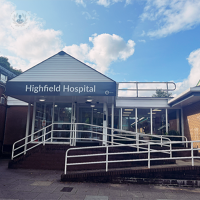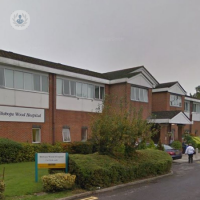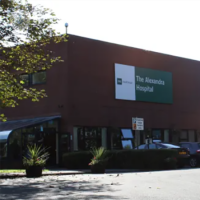ACL reconstruction
Professor Adrian Wilson - Orthopaedic surgery
Created on: 03-05-2018
Updated on: 10-18-2023
Edited by: Conor Dunworth
What is ACL reconstruction?
The anterior cruciate ligament (ACL) is a band of connective tissue within the knee which, when over-stretched can get damaged and tear. This can happen during exercise, or with a sudden turn or movement. The ACL helps to keep the knee stable, and when it is damaged you are unable to play sports or to walk properly.
Although a damaged ACL can repair over time, if it is badly torn it will require reconstruction. ACL reconstruction surgery replaces the torn ligament with new tissue, and it is usually performed arthroscopically, using specialist tools that are inserted and guided by a camera through very small incisions.

Why would you need ACL reconstruction?
ACL reconstruction surgery will be recommended if the patient has badly torn the ligament, or if the patient is young, active and wishes to continue playing sports and being active. Older, less active patients will often be recommended non-surgical treatments. ACL reconstruction also prevents further, worse damage happening to the knee cartilage.
What does ACL reconstruction involve?
During ACL reconstruction, the torn ligament is removed and replaced with a graft of new tissue. This tissue is taken from the patient’s body, such as the hamstring tendon, or the kneecap tendon (patellar tendon).
Sometimes a donated tendon can be used too. The surgeon will drill two holes, called ‘tunnels’ so that the new tendon can be anchored in place. One ‘tunnel’ will be placed above the knee, and the other below it. With time, a new ACL will grow as the knee heals.
How to prepare for ACL reconstruction
Before surgery, the knee is shaved if necessary, any jewellery is removed and a hospital gown is worn. Anaesthesia for ACL reconstruction can either be regional or general.
Post-operative care
After surgery, you will stay in a recovery room for a few hours, until the anaesthesia has worn off. Afterwards, you can return home and rest. You will be given crutches to help with mobility and to keep pressure off the knee.
Depending on your job, it is possible to return after just one week post-surgery. For more physical jobs, sometimes one to four months rest can be required. Intensive exercise is only recommended 6-8 months after surgery. During recovery, physical therapy exercises will help to restore strength to the affected knee.

